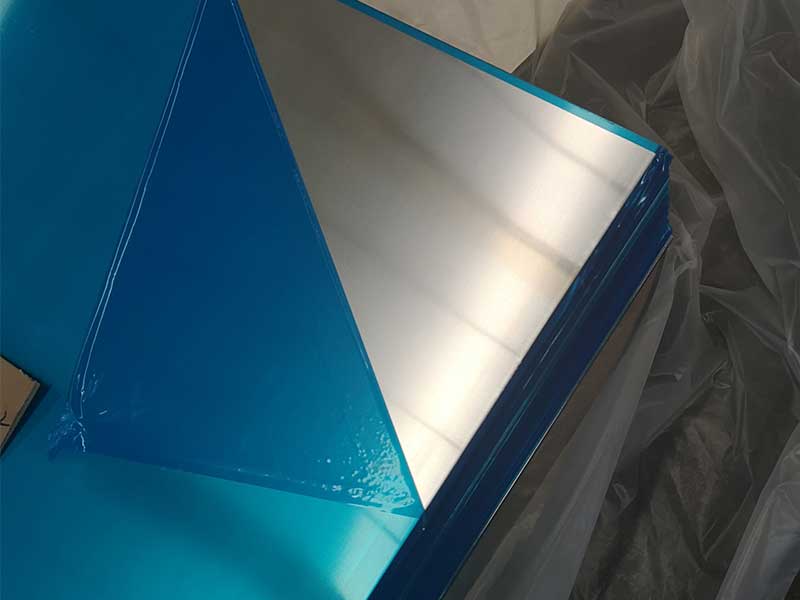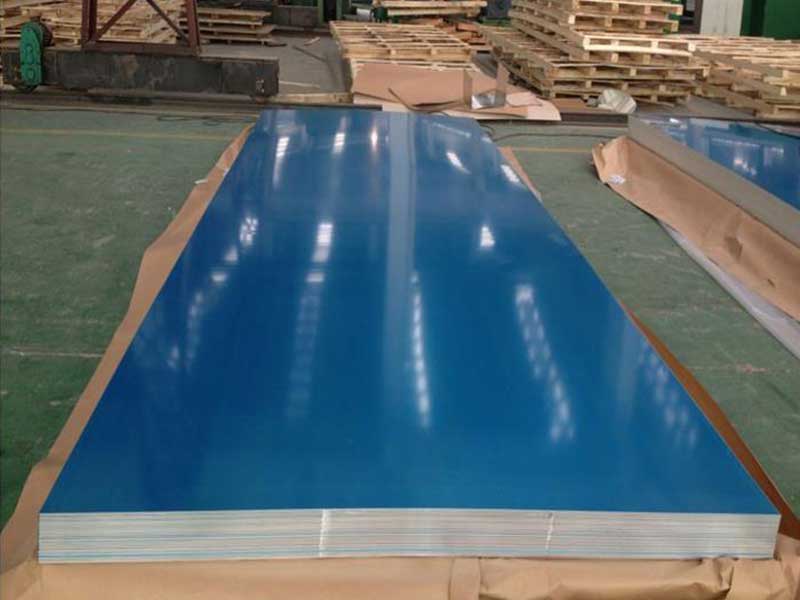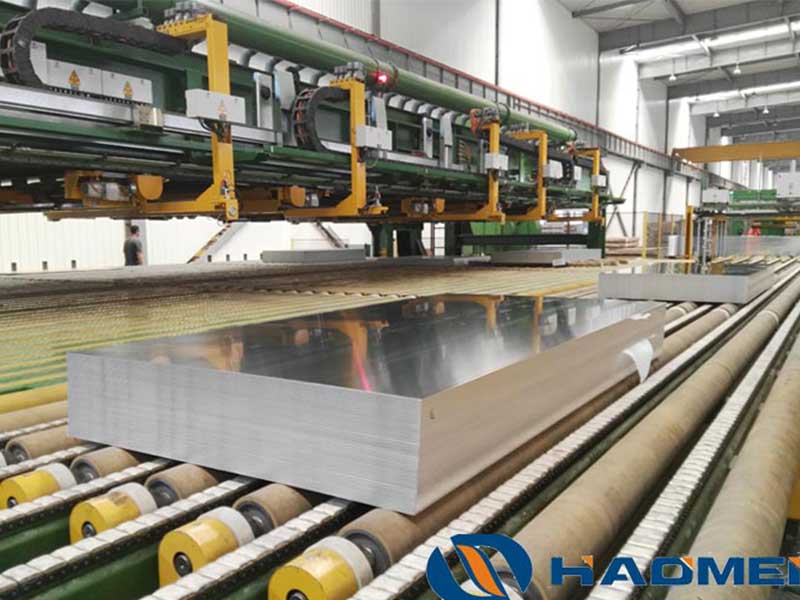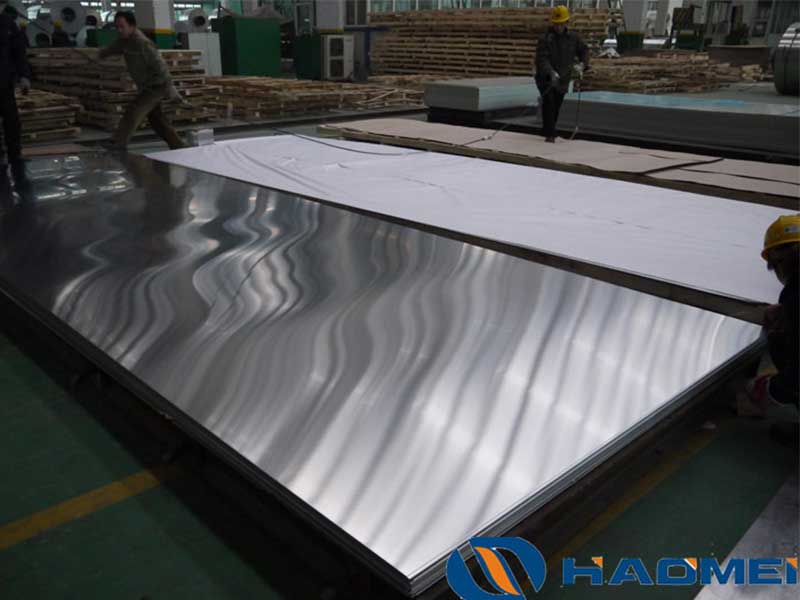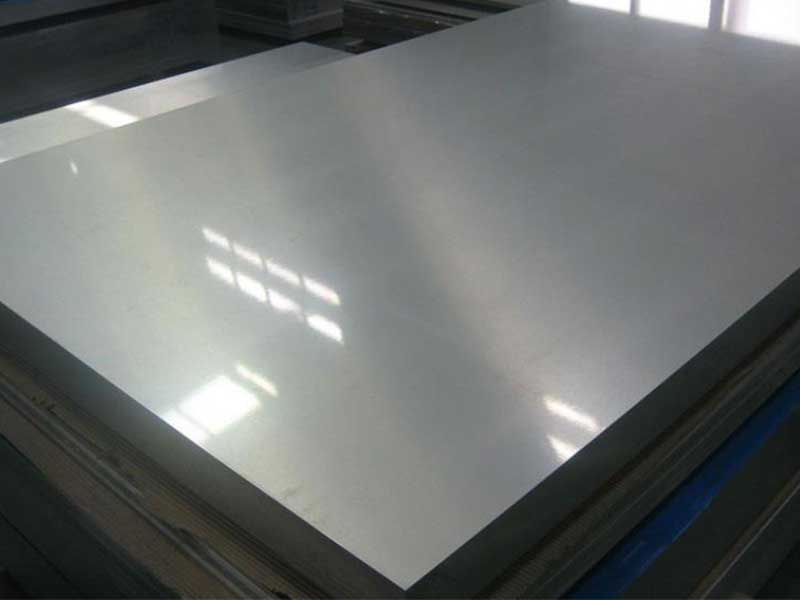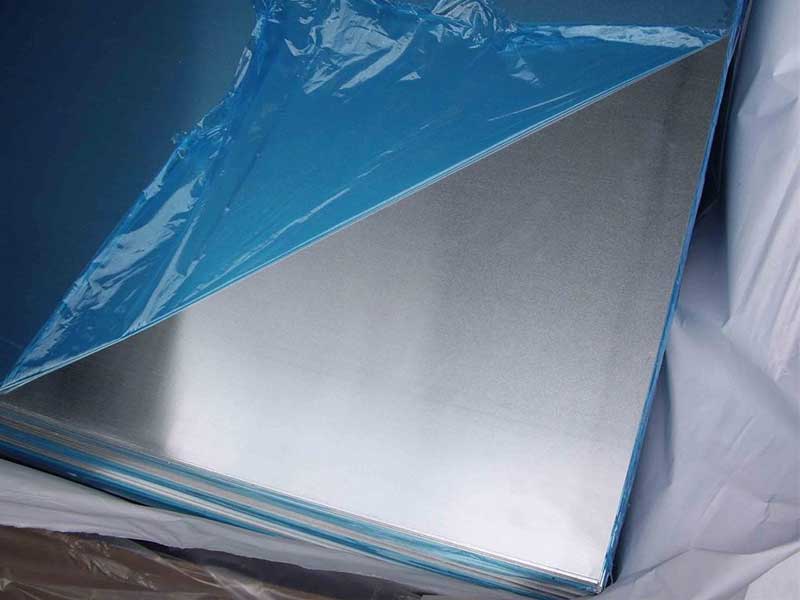5183 H112 Aluminum Sheet for Automobile
In the ever-evolving automobile industry, material selection plays a pivotal role in achieving the delicate balance between performance, safety, and environmental efficiency. Among the myriad of materials available, the 5183 H112 aluminum sheet has garnered significant attention as an exceptional choice in automotive manufacturing.
5183 H112 Aluminum Sheet: Functional Essence
At its core, the 5183 aluminum alloy belongs to the Aluminum-Magnesium (5xxx) series, known primarily for strong corrosion resistance, robust weldability, and favourable mechanical properties. The designation "H112" refers to the temper condition—a uniquely controlled level of cold working imparted during manufacturing that strikes an optimal balance between strength and ductility without artificial aging. Together, the combination shapes an aluminum sheet ideal for automotive bodies, chassis components, and energy-absorbing structures.
The 5183 H112 alloy exhibits outstanding resistance to marine environments, making it especially invaluable for automobiles subjected to harsh salt-laden terrains or climates prone to corrosion. This property extends longevity and diminishes maintenance needs in areas where traditional steel panels would quickly deteriorate, offering manufacturers and customers a relevant edge.
Distinctive Technical Features Behind Functionality
Automobile engineers prioritize material traits that enhance crashworthiness, decrease weight, and improve fabrication versatility. The 5183 H112 aluminum sheet rises to meet these demands through:
- Good formability and moderate strength: Tensile strengths typically around 275–320 MPa offer sufficient load bearing capacity while remaining pliable for intricate stamping and deep drawing processes usually needed in door panels, fenders, and hoods.
- Excellent resistance to stress corrosion cracking: Its magnesium-rich chemistry prevents common fissures that can compromise structural integrity in vehicle frames.
- Superior weldability: This permits cost-effective assembly through automated welding methods without special joint preparation or post-weld treatment, preserving the alloy's mechanical and corrosion-resisting properties.
- Thermal stability and fatigue resistance: Crucial for components exposed to engine heat fluctuations and cyclic loading like underbody shields and structural reinforcements.
Chemical Composition and Alloy Tempering Details
| Element | Weight % |
|---|---|
| Magnesium (Mg) | 4.5 - 5.5 |
| Manganese (Mn) | 0.2 - 0.7 |
| Chromium (Cr) | 0.15 - 0.35 |
| Silicon (Si) | ≤ 0.40 |
| Iron (Fe) | ≤ 0.40 |
| Copper (Cu) | ≤ 0.10 |
| Zinc (Zn) | ≤ 0.10 |
| Aluminum (Al) | Remainder |
The H112 temper indicates partial strain hardening controls mechanical properties—achieved primarily through cold rolling without additional heat treatment (non-heat-treated temper). This temper ensures:
- Minimum tensile strength of approximately 275 MPa
- Yield strength near 140 MPa
- Excellent ductility enabling panel forming without cracking
Compliance with Automotive Industry Standards
5183 H112 aluminum sheet aligns with various international manufacturing criteria vital for the automotive sector, such as:
- ASTM B209 — Standard specification for Aluminum and Aluminum-Alloy Sheet and Plate
- AA/ANSI 5183 — Alloy classification recognized for corrosion-performance criteria
- ISO 209-1 — Aluminum alloys—chemical composition and mechanical details for wrought products
Implementation per these guidelines assures the material meets durability, dimensional accuracy, and traceability standards required globally by car manufacturers.
One of the most pressing automotive challenges today is achieving sustainable weight reduction to improve fuel efficiency or battery range (in EVs), without compromising occupant safety or comfort. The 5183 H112 aluminum sheet is outstandingly suited to this challenge:
- Body Panels & Exterior Skin: Lightweight, corrosion-resistant panels minimize vehicle weight and extend body life, reducing both emissions during vehicle use and after-life waste.
- Structural Framework: Use in dash panels and reinforcements exploits its high strength-to-weight ratio and enduring fatigue resistance, critical in crash zones.
- Heat Shields & Battery Enclosures: Its thermal stability and corrosion resistance enable protection of heat-sensitive components and safe housing for lithium-ion batteries.
Furthermore, process-friendly attributes maximize material usability, facilitate recycling responsiveness (thanks to the purity associated with 5xxx series), and lower overall manufacturing energy when utilizing this alloy.
https://www.al-alloy.com/a/5183-h112-aluminum-sheet-for-automobile.html


